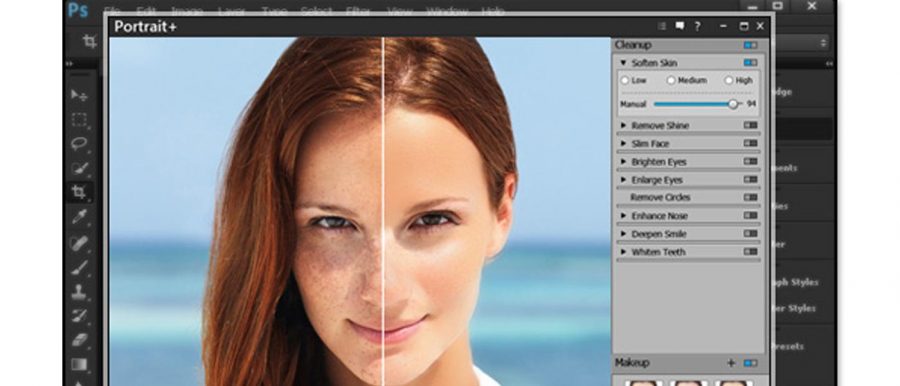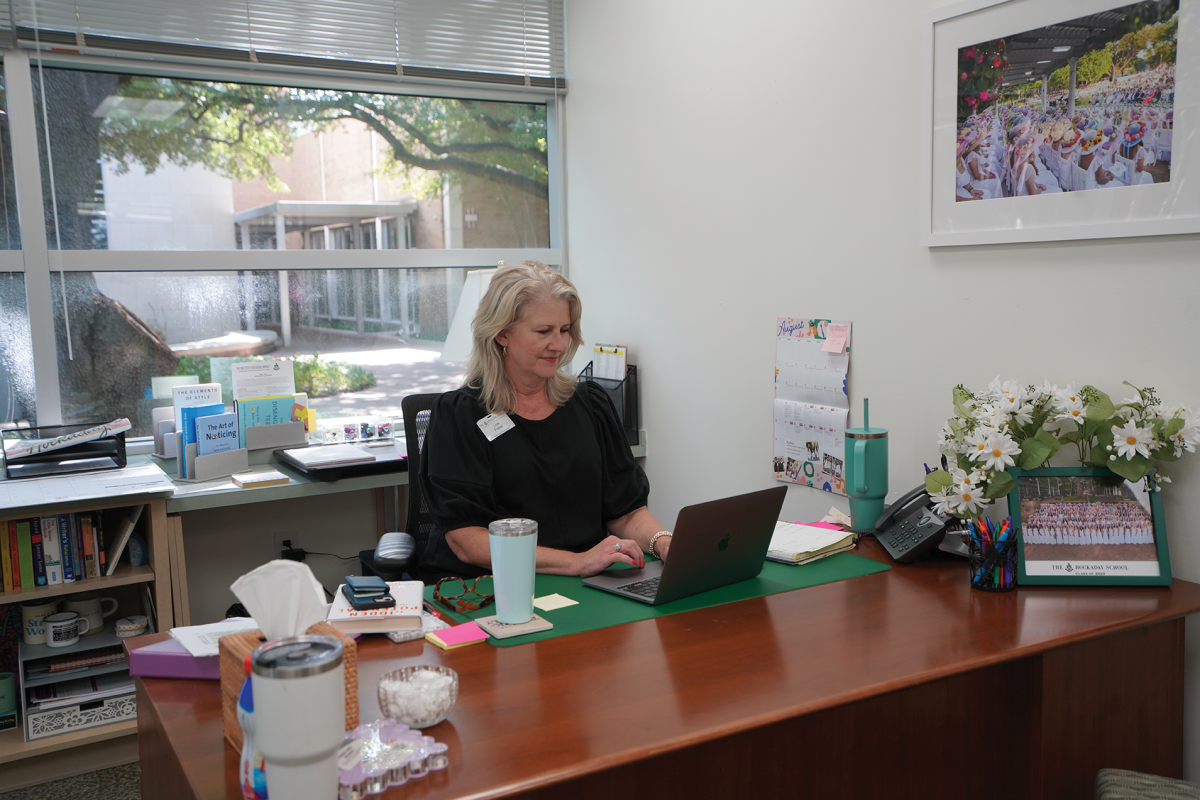According to DoSomething.org, only five percent of women possess the “ideal body type” often depicted in the media. Many girls succumb to severe dieting and eating disorders to achieve this unrealistic body type. Only to find out that they will never be successful.
The modeling industry primarily drives this distorted body image, as the models we see in magazines are digitally retouched and set unrealistic beauty standards that women cannot achieve in a healthy manner.
The modeling industry is no stranger to controversy associated with its use of underweight and retouched models. As Photoshop awareness and pro-body image movements grow, many high key agencies including Premier Models Management, Models 1 and Storm have been questioned for promoting eating disorders through the portrayal of excessively Photoshopped models.
Actress Kate Winslet recently added a ‘no retouching’ clause in her contract with L’Oreal. Through this bold move, Winslet hopes to be a responsible role model and refrain from providing an altered reality to her fans.
Keeping with this movement around body positivity, actress Emma Roberts appeared in Aerie’s latest campaign, aptly titled “Real.” The campaign contains a series of ads that “challenge the supermodel standards.” Through their movement #aerieREAL, the company aims to spread digital awareness to people worldwide. According to Business Insider, Aerie’s sales have steadily increased since the release of this campaign.
This anti-retouching movement also extends to Hockaday.
With firsthand experiences of the power of Photoshop, Glenys Quick, film studies teacher and seventh grade digital imaging teacher, understands how drastic the changes made to images can be.
“I just don’t see the point in retouching,” Quick said. “What’s wrong with people as they are?”
Quick uses Photoshop more for fine arts purposes and desists from teaching her students any form of retouching. In her opinion, it leads teenagers to judge themselves based on something that is not even real.
Senior Grace Warner, president of the Embody Love club, shares Quick’s sentiments. The main goal of her club is to empower girls and remind them that appearance is not a defining factor in their lives, and inner beauty is more important.
“The culture itself of skinny women being in style is the main problem.” Warner said. “That has to stop for the Photoshopping to stop.”
To combat body shaming and raise overall confidence, Warner does an activity where she asks girls to cut out appealing parts of models they see in magazines and paste them on to their own bodies.
“The end result ends up looking really weird; so it just reminds girls that you are most beautiful as yourself,” she said.
Photoshopping affects both the viewers of the images as well as the models themselves.
Senior Evan Miller models for Page Parkes Management. According to Miller, as a model, it is difficult to combat the negative body image perpetuated by media and modeling agencies. In many instances, younger, newer models and their opinions are often overshadowed by designers and casting directors.
“I think it’s hard because it’s such a trying time in our lives and so much is changing about us right now, and we already have so many people telling us what to do and what to look like,” Miller said.
Although Miller has concerns about the modeling industry, she maintains an optimistic view for the future.
“Right now I actually think the industry is changing in some way with Photoshopping or retouching girls to look anorexic and unnaturally thin,” she said. “They are gradually moving towards more realistic beauty standards.”
– Neha Dronamraju – Staff Writer –













